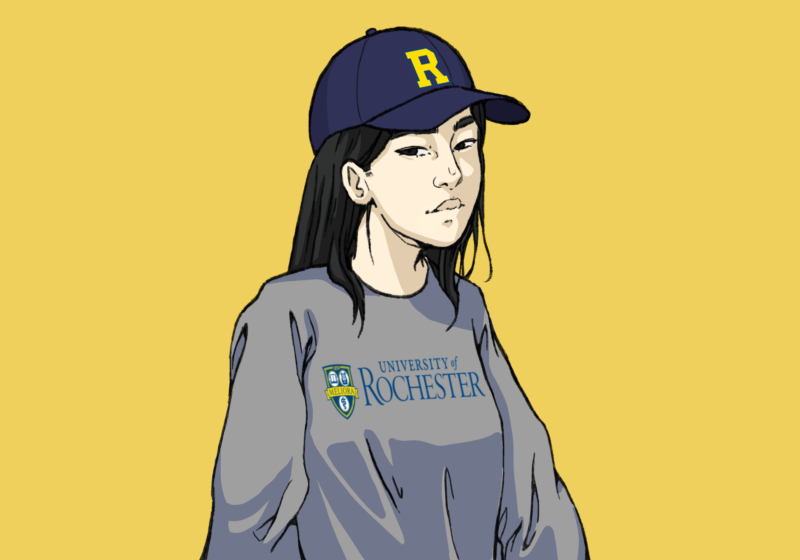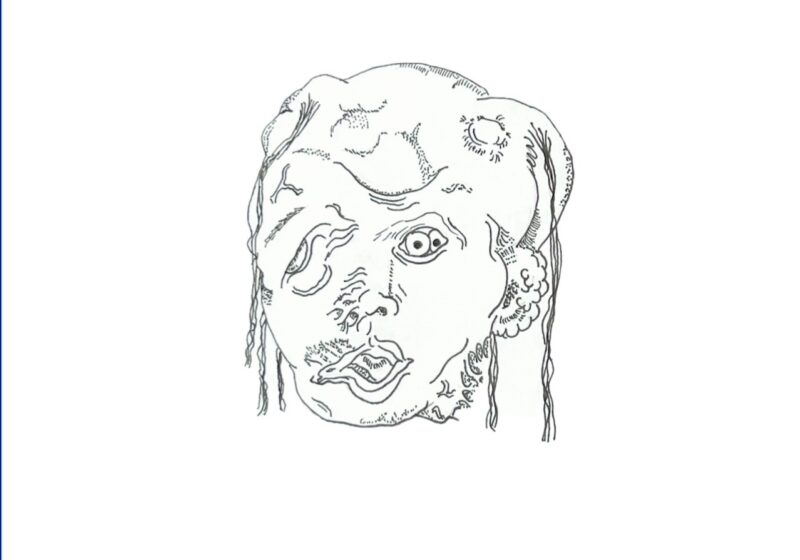Be honest now — how many of us actually check our student emails when we aren’t hurriedly emailing professors or being rudely woken up at four in the morning by Dr. Chatbot? Exactly.
Here’s another question: How many of us know of — let alone have actually read — University President Sarah Mangelsdorf’s email about the recent rise in anti-Asian hate crimes? I thought so.
We saw a similar email sent out after George Floyd’s murder with almost identical decrees of solidarity, acceptance, and places for people of color to submit their grievances. A quote from that email expresses the hope of having “conversations that inspire action.”
While I wholeheartedly agree that these conversations must happen in order for change to occur, I also must ask why the price for starting these conversations has to be the bloodshed of people of color.
The number of Asian hate crimes reported in New York City alone jumped from just three in 2019 to a staggering 28 in 2020. Even more horrifying, according to the Center for the Study of Hate and Extremism at California State University, hate crimes against Asians increased nearly 149% in the United States during 2020. These statistics don’t include the hate crimes occurring within the new year.
If this issue has been steadily worsening since the beginning of last year, why is it only being addressed now, after six Asian women were gunned down in Atlanta six days ago? Why wasn’t it addressed when a Chinese man was targeted on his way home from work and stabbed in the back last month? Why wasn’t it addressed when our own former President of the United States stood at the presidential podium and openly referred to COVID-19 as the “kung-flu,” and repeatedly blamed China for a national crisis he let happen?
I’m in no way trying to say that this statement was a poor choice. It’s a step in the right direction. It is, however, just that: a step. It does little to actually address the issues going on not only around the world, but on campus. The statement is generalized (as statements frequently are), and many students feel it’s lacking.
Asian American Alliance President and first-year Adrija Bhattacharjee spoke on these issues at the Diversity Roundtable discussion, where she gave an impassioned statement to administrators and students alike.
“While I was happy to [read the statement],” Bhattacharjee said, “[it] unfortunately does not undo the damages that have already been done […] Where was this support when students on campus have been facing instances of racial discrimination, cultural ignorance, and microaggressions?”
I know University administration understands that a statement of solidarity is not the end of this work. I know University administration understands that their words are not enough without action.
My final question, then, isn’t addressed to students, but to UR administration: What will you do next?




